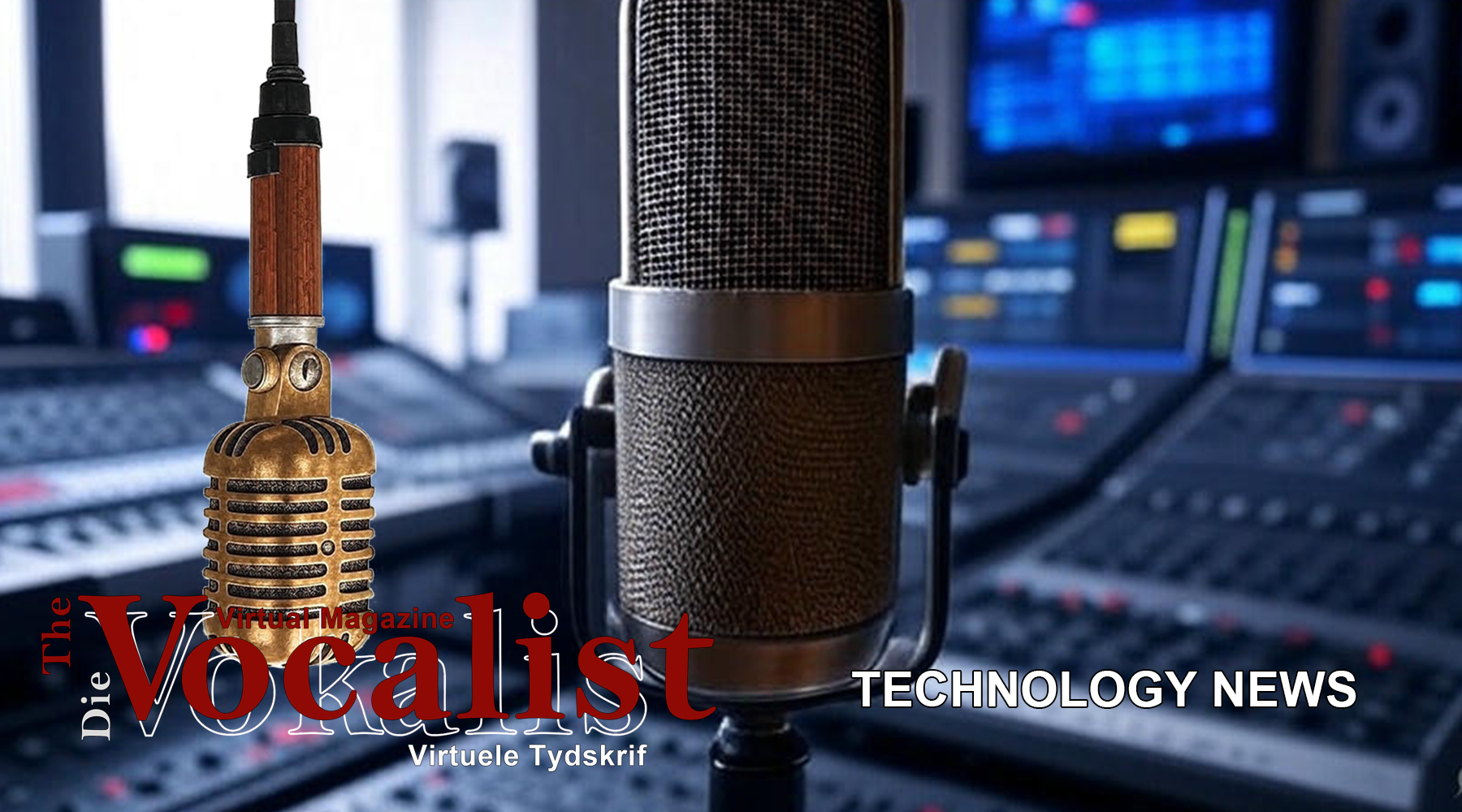The Southern African Music Rights Organisation (SAMRO) issued a stark warning on June 26, 2025, highlighting the proliferation of AI-based technologies as a growing threat to the originality and authorship of South African musicians. As AI tools become increasingly sophisticated, capable of generating music that mimics human creativity, concerns over copyright infringement and intellectual property rights have taken center stage in the music industry. This issue, raised by SAMRO in a statement covered by ITWeb, underscores the urgent need for regulatory frameworks to protect artists in an era of rapid technological advancement.
AI technologies, particularly generative models, can now produce music tracks, lyrics, and even entire albums with minimal human input. While these tools offer creative possibilities, they pose significant risks to South African musicians who rely on their unique artistic identities for their livelihoods. SAMRO, responsible for administering music rights and royalties, argues that AI-generated music often draws on vast datasets that include copyrighted works, raising questions about unauthorized use. For instance, an AI model trained on Amapiano tracks could produce a derivative work without crediting the original artists, potentially depriving them of royalties. In 2024, South African artists earned R400 million in Spotify royalties alone, a figure that underscores the financial stakes involved.
The issue is particularly pressing in South Africa, where genres like Amapiano and Afrobeat have gained global prominence. The 2025 Africa Technology Expo highlighted the continent’s leadership in mobile money transactions, with 1.1 billion registered accounts, illustrating the technological infrastructure that supports digital music distribution. However, this same infrastructure enables the rapid spread of AI-generated content, which can flood platforms like Spotify and Apple Music, diluting the visibility of human-created works. SAMRO’s concerns echo those raised at Spotify’s Soundboard event, where Babusi Nyoni noted that AI music generation is not yet fully refined but is advancing quickly, posing future risks.
SAMRO is advocating for stronger copyright protections and transparency in AI development. The organization calls for policies requiring AI developers to disclose the datasets used to train their models and to ensure that artists are compensated for any use of their work. This stance aligns with global trends, such as the NYC Council’s Resolution 368, passed in June 2025, which demands fair pay for artists in music streaming. South Africa’s digital news landscape, as detailed in the 2025 Reuters Institute Digital News Report, also reflects a growing appetite for AI to enhance content accessibility, but SAMRO warns that without safeguards, this could undermine the creative economy.
The implications for South African musicians are profound. Emerging artists, who often rely on digital platforms to build their careers, face the risk of being overshadowed by AI-generated tracks that are cheaper to produce and distribute. Established artists, like Grammy winner Zakes Bantwini, who recently graduated from a music program, emphasize the value of human creativity and mentorship, which AI cannot replicate. SAMRO’s advocacy is a call to action for policymakers, tech companies, and artists to collaborate on solutions that balance innovation with fairness.
As South Africa navigates this digital frontier, the challenge is to harness AI’s potential while preserving the authenticity of its music. SAMRO’s proactive stance positions it as a leader in this debate, urging the industry to prioritize artists’ rights in the face of technological disruption.
Discover more from Vocalist
Subscribe to get the latest posts sent to your email.




